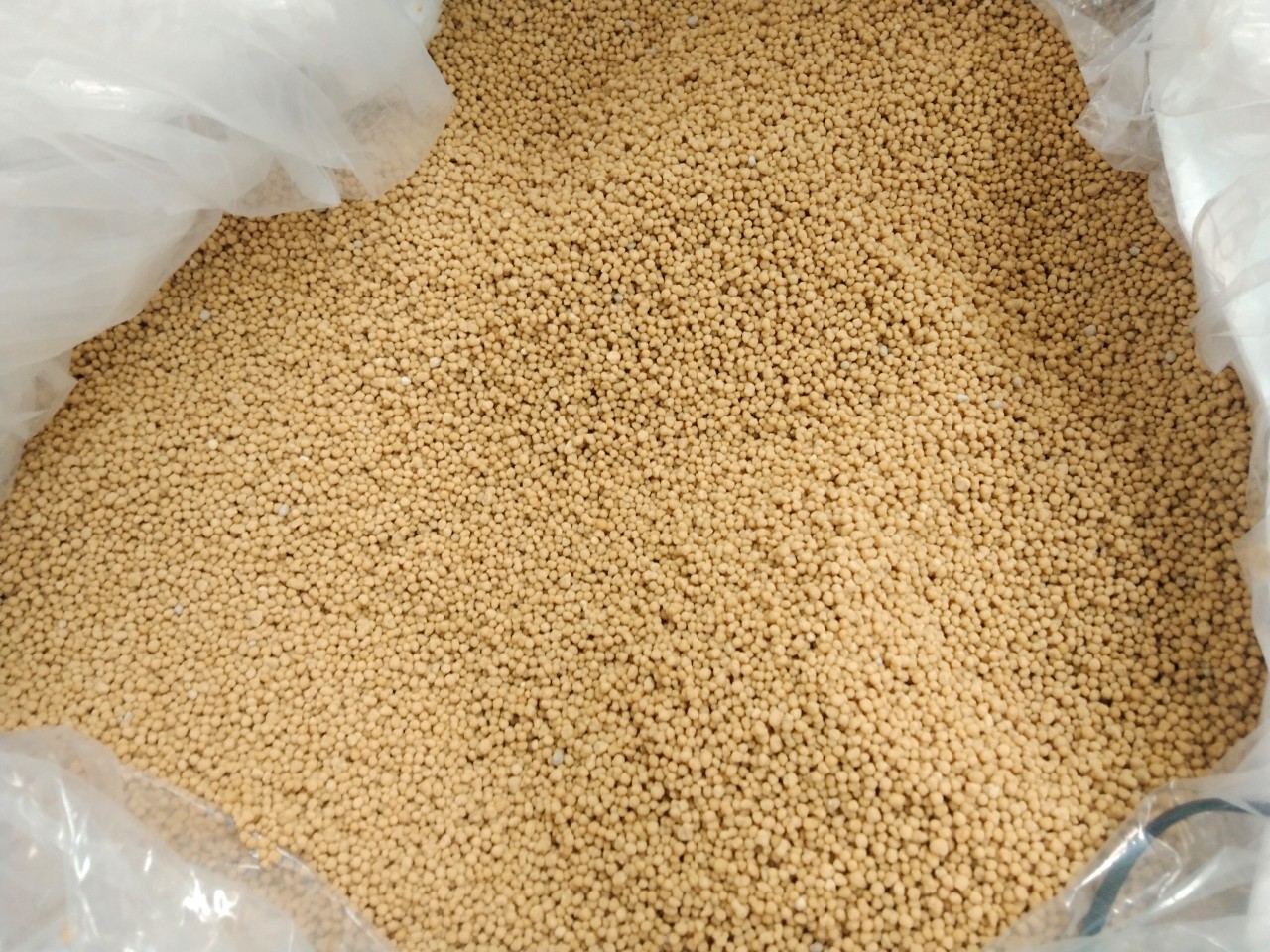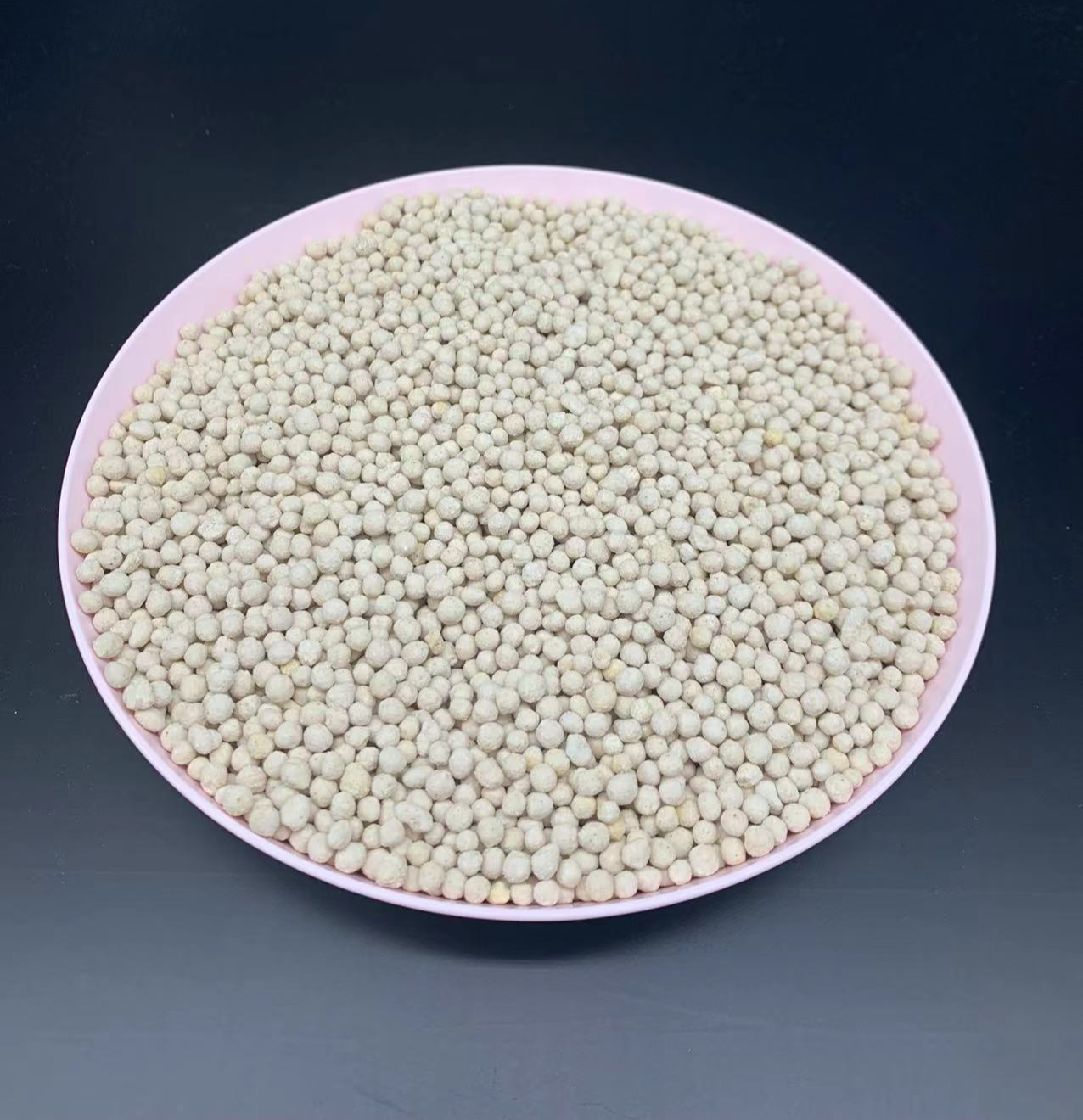.jpg?x-oss-process=image/resize,h_400,m_lfit/format,webp)
In current agricultural production, crop growth often encounters challenges related to soil fertility and growth bottlenecks. Traditional fertilizers, while having played a role in crop cultivation, are gradually showing limitations in meeting the diverse and high - demand nutrient requirements of modern crops. This is where ammonium sulfate fertilizer steps in, offering a new solution for enhancing crop growth efficiency.
Ammonium sulfate fertilizer has unique basic chemical characteristics. It contains high levels of nitrogen (≥20.5%) and sulfur (≥23%). Nitrogen is a key element for plant growth, playing a crucial role in the formation of proteins, chlorophyll, and various enzymes. Sulfur, on the other hand, is essential for the synthesis of certain amino acids and vitamins in plants, and it also helps in improving the quality of crops. Moreover, ammonium sulfate has excellent solubility. It can dissolve quickly in water, making it easier for crops to absorb nutrients.
.jpg)
When compared with traditional fertilizers, ammonium sulfate fertilizer has several distinct advantages. Traditional fertilizers may have a single nutrient component or poor solubility, which can lead to inefficient nutrient utilization. For example, some traditional nitrogen - based fertilizers may have lower nitrogen content and slower release rates, resulting in a longer time for crops to absorb nutrients. In contrast, the high nitrogen and sulfur content in ammonium sulfate, combined with its high solubility, can quickly and effectively meet the nutrient needs of crops.
The high nitrogen and sulfur content in ammonium sulfate fertilizer, along with its high solubility, can efficiently meet the nutrient requirements of crops. In a field experiment, it was found that when using ammonium sulfate fertilizer, the nitrogen absorption rate of crops increased by about 20% compared to traditional fertilizers. The sulfur content also helps in improving the disease - resistance ability of crops. For instance, in a tomato plantation, the incidence of certain fungal diseases decreased by 15% after using ammonium sulfate fertilizer.
Ammonium sulfate fertilizer has a wide range of applications. It is suitable for various crops, including vegetables, fruits, and grain crops. For vegetables such as cucumbers and cabbages, applying ammonium sulfate fertilizer can significantly increase their yield. In a cucumber farm, after using ammonium sulfate fertilizer, the yield increased by 25% compared to the previous year when using traditional fertilizers. For fruit trees like apples and oranges, it can improve the sugar content and color of the fruits. In an apple orchard, the average sugar content of apples increased from 12% to 14% after using ammonium sulfate fertilizer.

When it comes to the application method, it is necessary to formulate a scientific fertilization plan according to the growth stage of crops. For young crops, a small amount of ammonium sulfate fertilizer can be applied multiple times to ensure a continuous supply of nutrients. As the crops grow, the amount of fertilizer can be gradually increased. However, it is important to pay attention to the soil pH value. Ammonium sulfate is an acidic fertilizer. If the soil is already acidic, excessive application may further reduce the soil pH, which is not conducive to crop growth. In addition, over - fertilization should be avoided, as it may lead to nutrient waste and environmental pollution.
Let's look at a real - world case. A large - scale grain farm in a certain area used ammonium sulfate fertilizer in their wheat fields. By following a scientific fertilization plan, they increased the wheat yield by 20% and improved the protein content of the wheat. This case shows that with the proper use of ammonium sulfate fertilizer, farmers can achieve both high yields and good quality of crops.

In conclusion, ammonium sulfate fertilizer is a powerful tool for modern agriculture. Its unique chemical composition, high solubility, and wide range of applications make it an ideal choice for farmers and agricultural practitioners. If you are still using traditional fertilizers and facing challenges in crop growth, why not give ammonium sulfate fertilizer a try? It can help you optimize your planting plan, improve soil fertility, and increase crop yields and quality. Are you ready to start your journey of using ammonium sulfate fertilizer? Share your thoughts or your own application experiences in the comments below!

